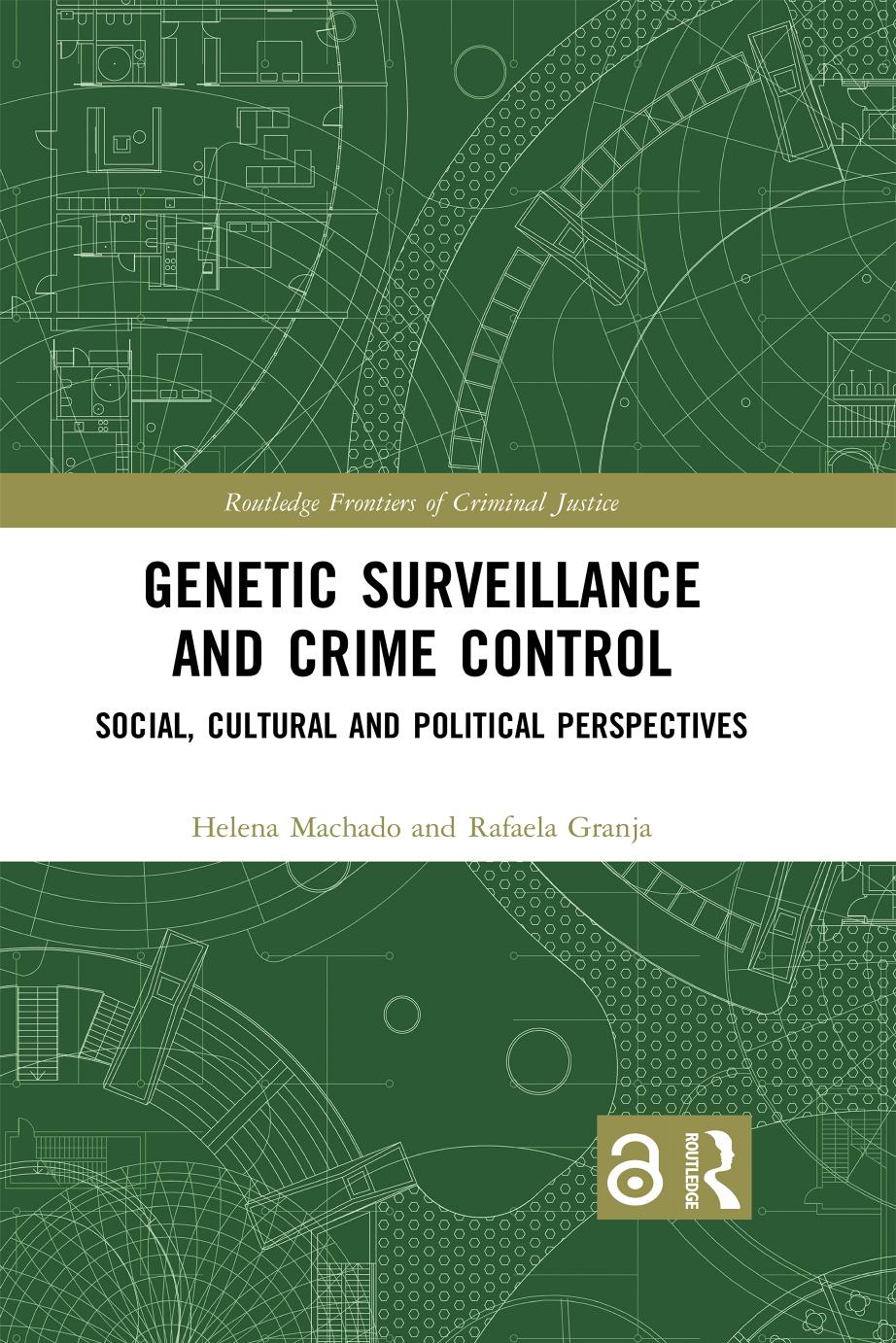
Genetic Surveillance and Crime Control; Social, Cultural, and Political Perspectives; First Edition PDF
2022·0.6184 MB·other
Most books are stored in the elastic cloud where traffic is expensive. For this reason, we have a limit on daily download.
Preview Genetic Surveillance and Crime Control; Social, Cultural, and Political Perspectives; First Edition
Description:
Genetic Surveillance and Crime Control presents a new empirical and conceptual
framework for understanding trends of genetic surveillance in different countries
in Europe and in other jurisdictions around the world.
The use of DNA or genomes for state-level surveillance for crime governance
is becoming the norm in democratic societies. In the post-DNA era, contemporary
modes of criminal identification are gradually changing through the
increasing expansion of transnational exchange of DNA data, along with the
development of highly controversial genetic technologies that pose acute challenges
to privacy and generate fears of discrimination, racism, and stigmatization.
See more
The list of books you might like
Most books are stored in the elastic cloud where traffic is expensive. For this reason, we have a limit on daily download.
